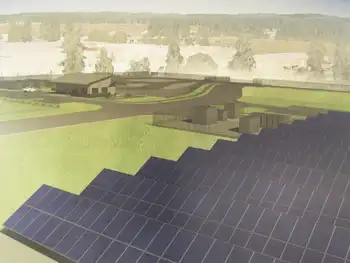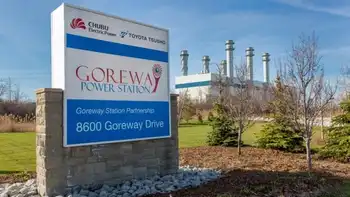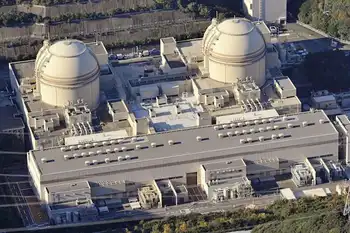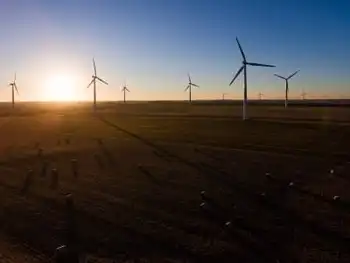Germany looks to expand power grid
BERLIN, GERMANY - Germany must expand its power grid to handle green energy in a project similar in scale to its massive reconstruction of infrastructure in the former communist East, according to a government paper.
In the document, obtained by Reuters, Economy Minister Rainer Bruederle argues for a faster planning process and measures to gain public acceptance for the construction of power lines.
Chancellor Angela Merkel called for Germany to speed up its move toward renewable energy after she suspended the government's nuclear policy due to the crisis at Japan's Fukushima complex.
Bruederle made no estimate of how much expanding the grid would cost, but compared it with reconstruction of the former East Germany after the country was reunified in 1990.
"The scale of the challenge is comparable with the requirement for infrastructure construction after reunification," he said in the paper.
"Today the challenge is to provide a power grid infrastructure suitable for the conversion of the energy supply."
One study has estimated that Germany has transferred about 1.3 trillion euros US $1.8 trillion from its Western states to fund the total cost of reconstructing the east.
Germany is expanding electricity generation at windfarms off its northern coast. But much of its population and industry lie inland to the south, so the grid needs expanding to carry the green power to them.
"A package of measures should ensure a reduction in the length of planning and approval procedures, ensure more public acceptance of power line construction and achieve optimal conditions for investment," said Bruederle.
Bruederle also called for expansion of the European power grid to be accelerated, allowing cross-border power trading to function well.
Merkel suspended a policy agreed only last autumn on prolonging the life of Germany's 17 nuclear power plants. Instead, she ordered the seven oldest reactors be closed for safety checks during the three-month moratorium.
She described nuclear as a transitional energy source as Germany moves away from fossil fuels to renewable sources.
Related News

Summerland solar power project will provide electricity
summerside solar - A proposed solar energy project, to be constructed on municipally-owned property on Cartwright Mountain, will allow Summerland Power to produce some of its own electricity.
On Monday evening, municipal staff described the Solar+Storage project.
The project will include around 3,200 solar panels and storage batteries, giving Summerland Power the ability to generate 1,200 megawatts of electrical power.
This is the amount of energy used by 100 homes over the course of a year.
The solar panels have an estimated life expectancy of 35 years, while the batteries have a life expectancy of 20 years.
“It’s a really big step for a small…




